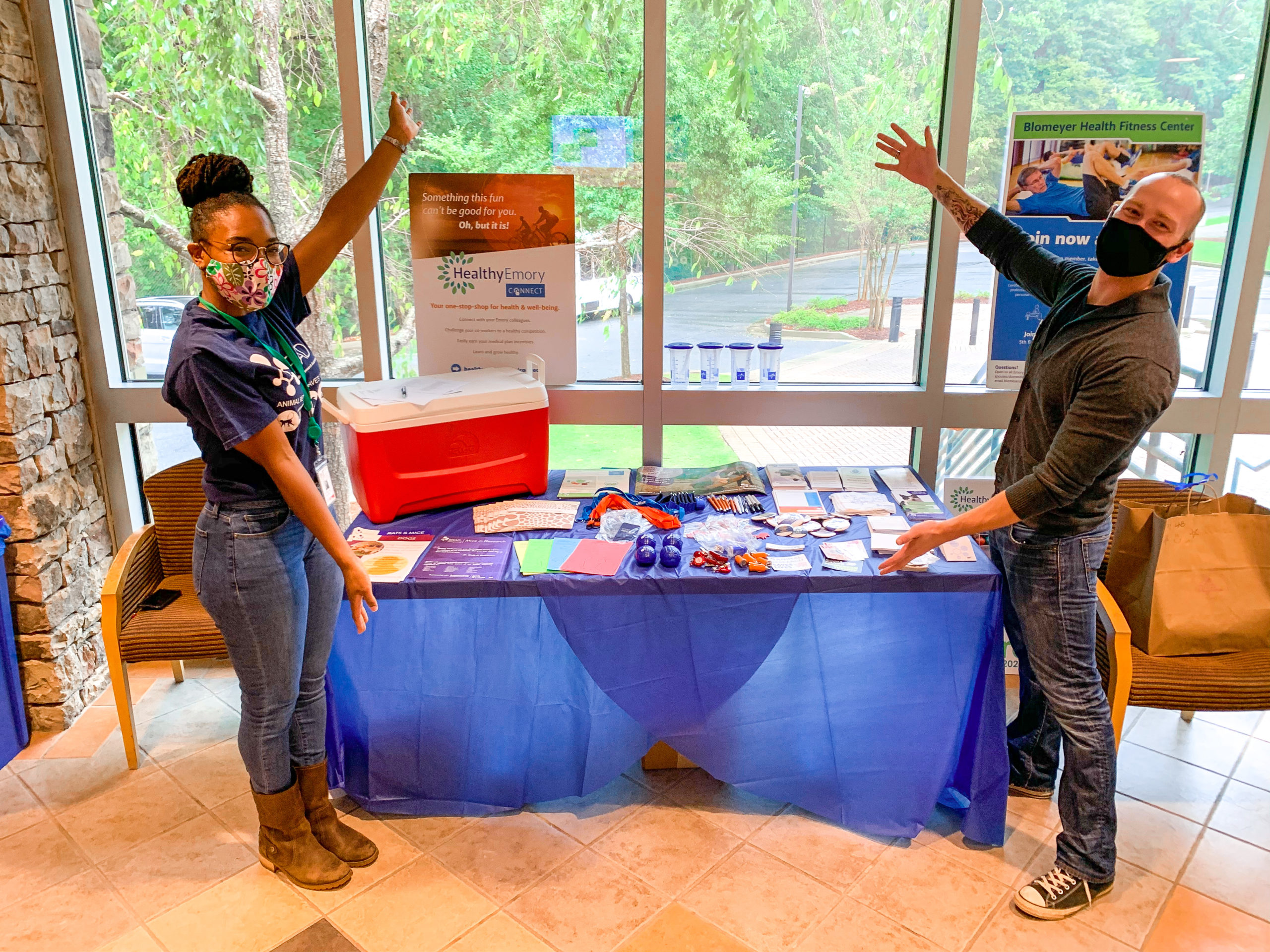Institutional Animal Care and Use Committees (IACUCs) and Institutional Review Boards (IRBs) review research proposals to ensure that research involving…
Read MoreIn early 2022, PRIM&R approached me about conducting a workshop at the annual meeting for the American College of Laboratory…
Read MoreEnsuring that women are represented in research studies and in science fields is an important part of advancing science and…
Read MoreOver the past few decades, those opposed to animal-based health studies have gradually, yet significantly, increased their influence on public…
Read MoreBiomedical Research Awareness Day (BRAD) is an international outreach program through Americans for Medical Progress that seeks to increase public…
Read More


